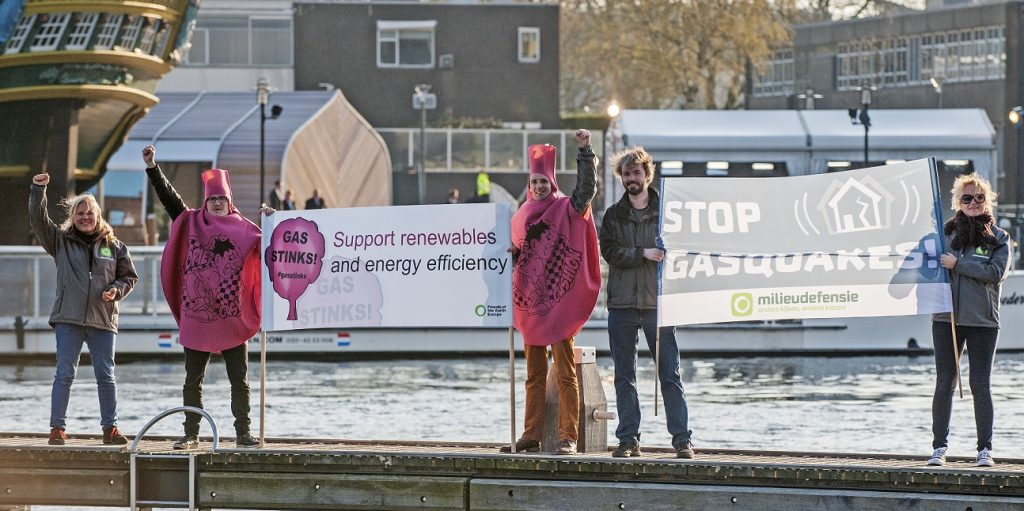Cash that should be flowing into projects that boost environmental sustainability is instead fuelling outdated carbon-intensive projects like motorways, airports, and fossil-fuel infrastructure, according to a new report on Europe’s investment plan released today.
The report analyses projects approved by the European Fund for Strategic Investments (EFSI) in its first year of operation. The fund should catalyse €315 billion in new investment, and play an important role in the fight against climate change. However, during its first year an additional €1.5 billion was earmarked for fossil fuel infrastructure, and 68% of transport investment is destined for carbon-intensive projects.
Markus Trilling, EU policy officer for CEE Bankwatch Network and Friends of the Earth Europe said: “Despite the best laid plans, Europe is hemorrhaging cash in deeply unsustainable projects like motorways, airports and gas infrastructure. Europe is missing huge opportunities to modernise and decarbonise its economy through investments in renewables and energy efficiency.”
Anna Roggenbuck, EIB campaign coordinator for CEE Bankwatch Network said: “Our analysis proves that in the energy sector, the EFSI did not catalyze more support for renewables than what was already provided by the European Investment Bank – although this was its initial mandate. This looks like window-dressing. We need to ensure that the EFSI provides real added-value in order to catalyse investments needed for an energy system of the future.”
Sebastien Godinot, economist in WWF European Policy Office said: “The Juncker plan should be used for climate action, not for climate destruction. There is no reason why it should support more investments in gas infrastructure while the EU gas consumption is going down. Instead of investing in polluting costly infrastructure for which there will likely be no market in the future, we should focus on energy efficiency and renewable energy solutions”.
The report raises concerns about the European Commission’s proposal to extend the Investment Plan for Europe under “EFSI 2.0”. Although some support for renewables and energy efficiency is welcomed, deep reforms are necessary if the fund is to guide a sustainable energy transition, according to the organisations.
The report recommends improving both the sectoral and geographical balance of investment, increasing transparency, and putting a clear focus on genuinely sustainable projects.
—
The report was published by CEE Bankwatch Network; Climate Action Network Europe; Counter Balance; Friends of the Earth Europe and WWF EU






